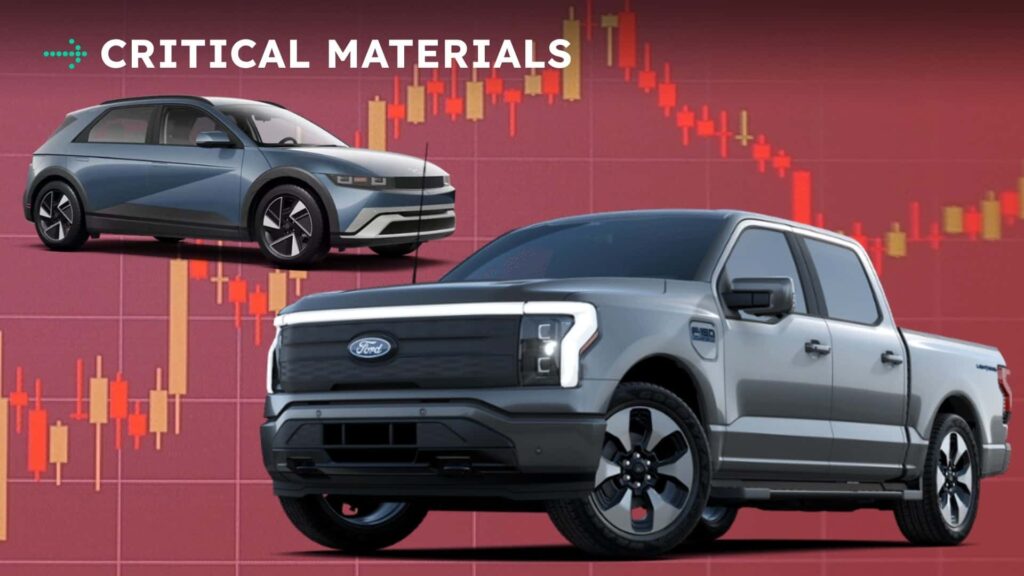Electric cars are becoming increasingly popular in America, with a wide range of options available and attractive tax credits and discounts from automakers. However, despite these incentives, EV sales in the U.S. have recently experienced a decline for the first time in over a year.
In a recent edition of Critical Materials, it was discussed how EVs are facing challenges that are hindering their momentum. One key factor is a fight in Congress that could potentially eliminate crucial battery manufacturing credits, jeopardizing thousands of American jobs, particularly in Republican-dominated states and districts.
While EV sales in the U.S. have slowed down, global demand for electric vehicles continues to rise. In May alone, China sold nearly as many EVs as the U.S. did in the entire previous year, highlighting the growing global interest in electric vehicles.
In April, EV registrations in the U.S. dropped by 4.4% compared to the previous year, with Tesla experiencing a 16% decline in sales. On the other hand, Chevrolet saw a significant increase in sales, becoming the second-best-selling EV maker in the country. Despite some brands experiencing growth, others like BMW, Hyundai, Ford, Kia, Rivian, and Mercedes-Benz faced declining EV sales.
The Trump administration’s efforts to slash federal credits for EVs and the manufacturing of battery plants, coupled with the recent legislation blocking California from phasing out gas-only vehicles, have contributed to the challenges faced by the EV market in the U.S. Consumer confidence has also been affected by reports of government support for EVs being threatened.
The potential repeal of manufacturing tax credits could have severe consequences, leading to job losses across various sectors in the auto industry. Republican-led states such as Michigan, Texas, Tennessee, Kentucky, and Georgia are particularly at risk of losing jobs if the credits are eliminated.
Despite the current challenges, there is optimism for the future of EVs. Affordable models like the Tesla Model Y and the Chevy Equinox EV have shown that when priced competitively, electric vehicles can attract buyers. Additionally, upcoming models like the next-gen Chevy Bolt and smaller Teslas could further stimulate the EV market.
As the industry navigates through this period of uncertainty, the question remains whether the current sales slump is temporary or indicative of a prolonged downturn. With new models on the horizon and the potential for market growth, the future of electric vehicles in America remains promising.

